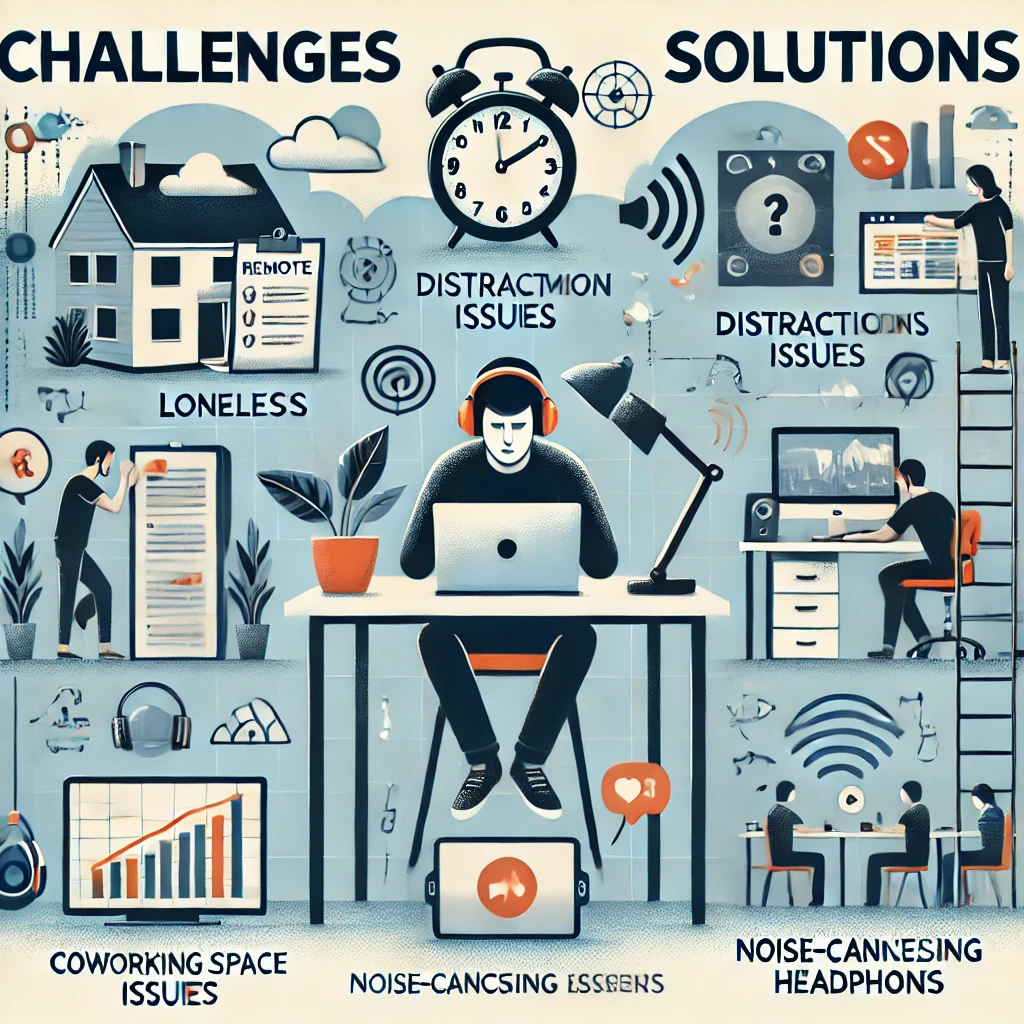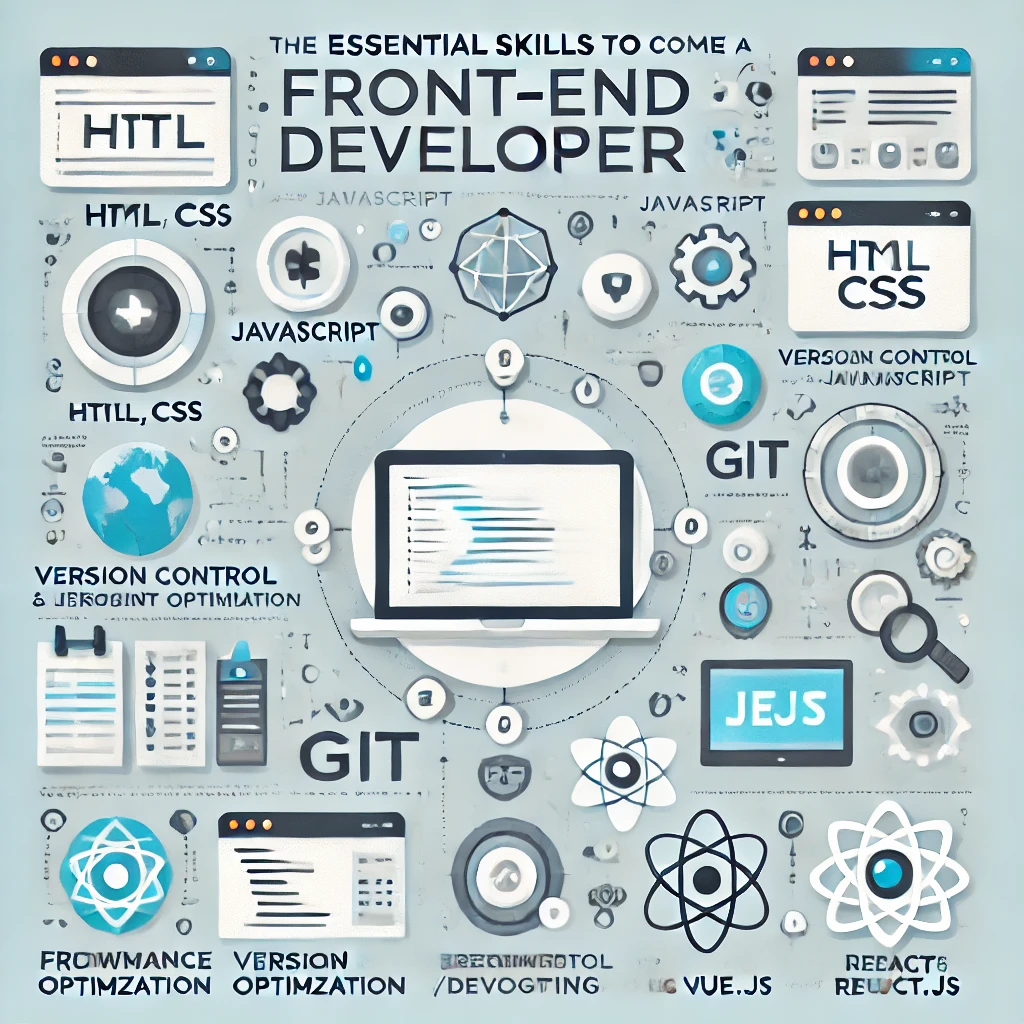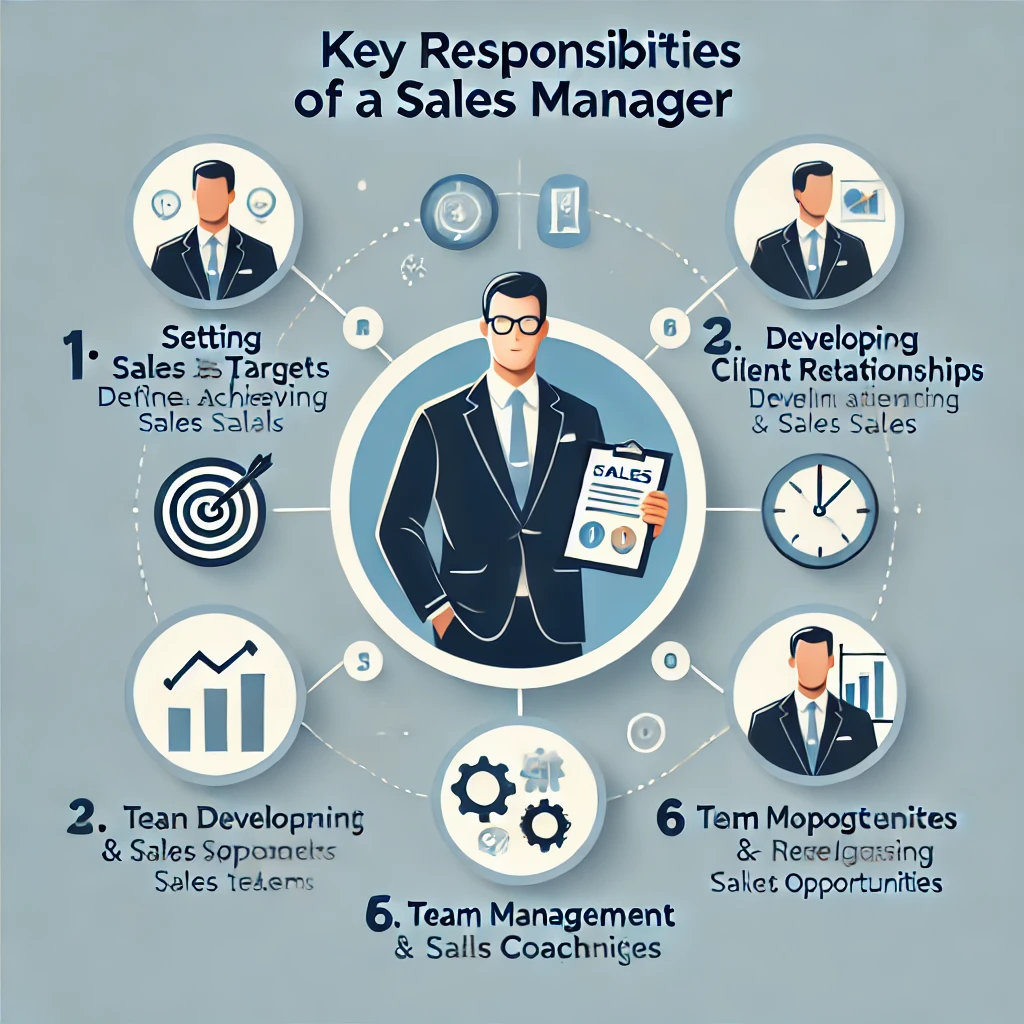Top ten career paths for engineering graduates – Engineering is a field that applies scientific, mathematical, and practical knowledge to design, build, and maintain structures, machines, systems, and processes. Engineers use these principles to solve real-world problems, creating everything from bridges and buildings to software and medical devices.

Introduction to Top ten career paths for engineering graduates
As an engineering graduate, you’re stepping into a world filled with opportunities to apply your skills, knowledge, and creativity. Engineering is one of the most versatile degrees, opening doors to various industries, from technology and manufacturing to healthcare and environmental science. However, with such a broad field, choosing the right career path can be overwhelming.
Below are list of Career Paths For Engineering Graduates
Software Engineer.
Job Role Description
A software engineer designs, develops, tests, and maintains software applications or systems that power devices, run networks, and support technology-driven industries. Software engineering has seen explosive growth as companies across all sectors adopt digital tools and platforms to drive efficiency and innovation.
Responsibilities.
- Develop and Maintain Software: Software engineers write, test, and debug code to create functional applications, websites, or programs.
- Entry-level data analysts typically earn a competitive salary with room for growth as they gain experience.
- Collaborate with Cross-Functional Teams: Soft ware engineers should work with designers, product managers, and other engineers to understand project requirements and deliver on specifications.
- Optimize Performance: Soft ware engineers should ensure Software is efficient, scalable, and optimized for performance across different devices or platforms.
- Troubleshoot and Update: They should be able to Diagnose software problems, update systems, and continuously improve software functionality and user experience.
Skills and Qualifications Needed.
- Technical Skills: Proficiency in programming languages like Python, Java, or C++. Familiarity with databases, software testing, and version control (e.g., Git).
- Analytical Skills: Strong problem-solving skills to debug and optimize code.
- Collaboration and Communication: Ability to work with team members and communicate technical concepts effectively.
- Adaptability: Openness to learning new programming languages, tools, and technologies as the field evolves.
Mechanical Engineer.
Job Role Description.
Mechanical engineers design, analyze, and improve mechanical systems that support a wide range of industries, including automotive, aerospace, manufacturing, and energy. They apply principles of physics, material science, and engineering to develop machinery, engines, and other devices.
Responsibilities.
- Design Mechanical Systems and Components: it creates blueprints, technical drawings, and 3D models for mechanical devices, engines, and machines.
- Conduct Testing and Prototyping: it tests models, analyze results, and improves designs based on performance data.
- Manage Project Development: Works on planning, budgeting, and scheduling for engineering projects, ensuring timelines and specifications are met.
- Optimize Efficiency and Safety: it focus on making mechanical systems efficient, sustainable, and safe for users and the environment.
Skills and Qualifications Needed.
- Technical Skills: a strong foundation in CAD software (e.g., AutoCAD, SolidWorks) and simulation tools. Familiarity with mechanical and thermal analysis.
- Math and Physics: this is an advanced understanding of physics, mechanics, and mathematics.
- Problem-Solving: the ability to troubleshoot mechanical issues and innovate solutions.
- Project Management: Skills to handle timelines, budgets, and multiple project requirements.
Electrical Engineer.
Job Role Description.
Electrical engineers work with electrical systems, from small microchips to large power grids. They design, test, and manage electrical equipment and systems, ensuring efficient power usage and reliability across industries like telecommunications, transportation, and manufacturing.
Responsibilities.
- Develop Electrical Systems: Design and test systems for electronics, machinery, and power generation.
- Conduct Testing and Troubleshooting: Perform detailed analyses to identify faults, improve design, and enhance functionality.
- Oversee Installation and Maintenance: Supervise the installation of electrical systems, ensuring safety and compliance with codes.
- Improve Energy Efficiency: Optimize systems for minimal energy use and environmental impact.
Skills and Qualifications Needed.
- Technical Proficiency: Familiarity with circuit design, power distribution, and software like MATLAB.
- Attention to Detail: Ability to catch minor issues that could lead to major system malfunctions.
- Analytical Thinking: Strong analytical skills to solve complex technical problems.
- Interpersonal Skills: Communication and collaboration skills for teamwork and project management.
Civil Engineer.
Job Role Description.
Civil engineers are responsible for designing, constructing, and maintaining the infrastructure that supports society, including roads, bridges, buildings, and water systems. They ensure public works are safe, sustainable, and functional.
Responsibilities.
- Design Infrastructure Projects: Plan and design infrastructure projects with environmental, safety, and cost considerations.
- Oversee Construction and Compliance: Ensure construction follows design specifications, regulations, and timelines.
- Manage Project Resources: Oversee budgets, materials, and timelines to meet project goals.
- Evaluate Environmental Impact: Assess the environmental impact of construction and implement sustainable practices.
Skills and Qualifications Needed.
- Engineering and Design Software: Proficiency with software like AutoCAD, Civil 3D, and Revit.
- Project Management: it has strong organizational skills to manage large-scale projects.
- Environmental Awareness: Understanding of environmental regulations and sustainable practices.
- Critical Thinking: its ability to solve logistical and engineering challenges in real time.
Aerospace Engineer.
Job Role Description.
Aerospace engineers focus on designing, testing, and improving aircraft, spacecraft, satellites, and missiles. They work in high-stakes industries like defense, space exploration, and aviation, combining creativity and precision to meet rigorous safety and performance standards.
Responsibilities.
- Design Aircraft and Spacecraft: it creates plans, models, and blueprints for aerial and space vehicles.
- Conduct Flight Simulations and Testing: it analyses the aerodynamics, materials, and performance under various conditions.
- Coordinate with Safety and Compliance Teams: it ensures all projects meet strict regulatory and safety standards.
- Research and Develop New Technologies: it works on innovative technologies for fuel efficiency, propulsion, and structural integrity.
Skills and Qualifications Needed.
- Strong Physics and Math Skills: Advanced knowledge in physics, calculus, and aerodynamics.
- Technical Software Skills: Proficiency in aerospace modeling and simulation software, like MATLAB and CATIA.
- Analytical Thinking: Ability to troubleshoot technical challenges and optimize designs.
- Attention to Detail: High degree of precision in design and safety standards.
Data Scientist.
Job Role Description.
Data scientists analyze complex data to extract insights that drive strategic business decisions. This role has become increasingly popular in industries such as technology, finance, healthcare, and e-commerce, where data-driven decisions are essential.
Responsibilities.
- Analyze Large Datasets: it uses statistical tools to interpret data and identify trends or patterns.
- Develop Predictive Models: it creates machine learning models that help in forecasting and decision-making.
- Data Visualization: it presents findings through graphs, charts, and dashboards for non-technical stakeholders.
- Collaborate with Teams: it works with engineers, product managers, and marketers to align insights with business objectives.
Skills and Qualifications Needed.
- Programming Skills: Proficiency in Python, R, and SQL.
- Statistical Knowledge: Expertise in statistical analysis and machine learning techniques.
- Data Visualization: Ability to use tools like Tableau, PowerBI, and Matplotlib.
- Problem-solving: Sharp analytical skills to interpret data and offer actionable insights.
Environmental Engineer.
Job Role Description.
Environmental engineers use engineering principles to develop solutions for environmental issues. They work on projects aimed at improving water and air quality, waste disposal, and pollution control, often collaborating with government agencies, construction firms, and NGOs.
Responsibilities.
- Design and Implement Environmental Solutions: it develops systems for water treatment, waste disposal, and pollution control.
- Conduct Environmental Impact Assessments: it evaluates how projects affect the environment and suggest improvements.
- Monitor Compliance with Regulations: it ensures projects adhere to environmental laws and regulations.
- Collaborate on Sustainability Initiatives: it works with companies to implement sustainable practices and reduce environmental footprints.
Skills and Qualifications Needed.
- Knowledge of Environmental Regulations: Familiarity with EPA standards and other environmental laws.
- Technical Skills: Proficiency in environmental engineering software (e.g., GIS, AutoCAD).
- Analytical Skills: Ability to assess complex environmental data.
- Communication: Strong skills for explaining environmental solutions to various stakeholders.
Biomedical Engineer.
Job Role Description.
Biomedical engineers design and develop medical devices, prosthetics, and diagnostic equipment. They work closely with doctors, researchers, and other engineers to improve patient care through technology.
Responsibilities.
- Design Medical Devices: the develop and test devices like pacemakers, MRI machines, and artificial organs.
- Collaborate with Healthcare Professionals: they work with medical teams to ensure devices meet patient and clinical needs.
- Research and Development: they stay updated on medical and technological advancements to innovate solutions.
- Ensure Safety and Compliance: it adheres to strict regulations for safety, quality, and effectiveness.
Skills and Qualifications Needed.
- Medical Knowledge: Understanding of biology, physiology, and clinical needs.
- Technical Skills: Familiarity with medical software and engineering tools.
- Problem-solving: Creative and analytical skills for designing medical solutions.
- Regulatory Knowledge: Awareness of FDA regulations and other compliance requirements.
Chemical Engineer.
Job Role Description.
Chemical engineers work in manufacturing, developing processes to convert raw materials into usable products like fuels, chemicals, and pharmaceuticals. They play a critical role in industries ranging from energy to food production.
Responsibilities.
- Design Chemical Processes: it creates and optimize processes for producing chemicals, fuels, and other products.
- Manage Safety and Quality Standards: it ensures compliance with safety and environmental regulations.
- Collaborate in Research and Development: it works on new product development, focusing on efficiency and sustainability.
- Oversee Production: it monitors production lines to optimize performance and troubleshoot issues.
Skills and Qualifications Needed.
- Chemical Knowledge: Strong background in chemistry and process engineering.
- Technical Skills: Familiarity with chemical engineering software and lab equipment.
- Attention to Detail: Precision in handling hazardous materials and processes.
- Analytical Skills: Ability to monitor and improve chemical processes.
Industrial Engineer.
Job Role Description.
Industrial engineers optimize complex processes, systems, and organizations by eliminating inefficiencies. They work in sectors like manufacturing, healthcare, and logistics, focusing on productivity, safety, and cost-effectiveness.
Responsibilities for Career Paths For Engineering Graduates.
- Optimize Production Processes: it analyses workflows and implement solutions for efficiency.
- Improve Quality Control: it establishes quality standards and procedures to minimize waste.
- Project Management: it oversees the implementation of process improvements and manage timelines.
- Resource Planning: it analyses costs and materials to improve the allocation of resources.
Skills and Qualifications Needed.
- Process Optimization Skills: Knowledge of Lean Manufacturing and Six Sigma.
- Analytical and Math Skills: Ability to perform complex calculations and analyze workflows.
- Project Management: Skills in planning and overseeing projects.
- Communication: Ability to work across teams and explain process improvements.
Qualities that Define the Best Career Paths For Engineering Graduates.
The top Career Paths For Engineering Graduates are defined by certain key qualities:
- Growth Potential: These careers have high demand and opportunities for advancement.
- Competitive Salaries: Each path offers a good earning potential.
- Skills Development: Engineers in these roles constantly expand their skill sets.
- Impact: Many of these careers allow engineers to make meaningful contributions to society.
Conclusion for Career Paths For Engineering Graduates.
Engineering offers many exciting career paths, each with special opportunities to make a difference. From software to environmental engineering, these roles provide growth, good pay, and a chance to use your skills creatively. Explore your options, build your strengths, and choose the path that feels right for you.













2 Comments